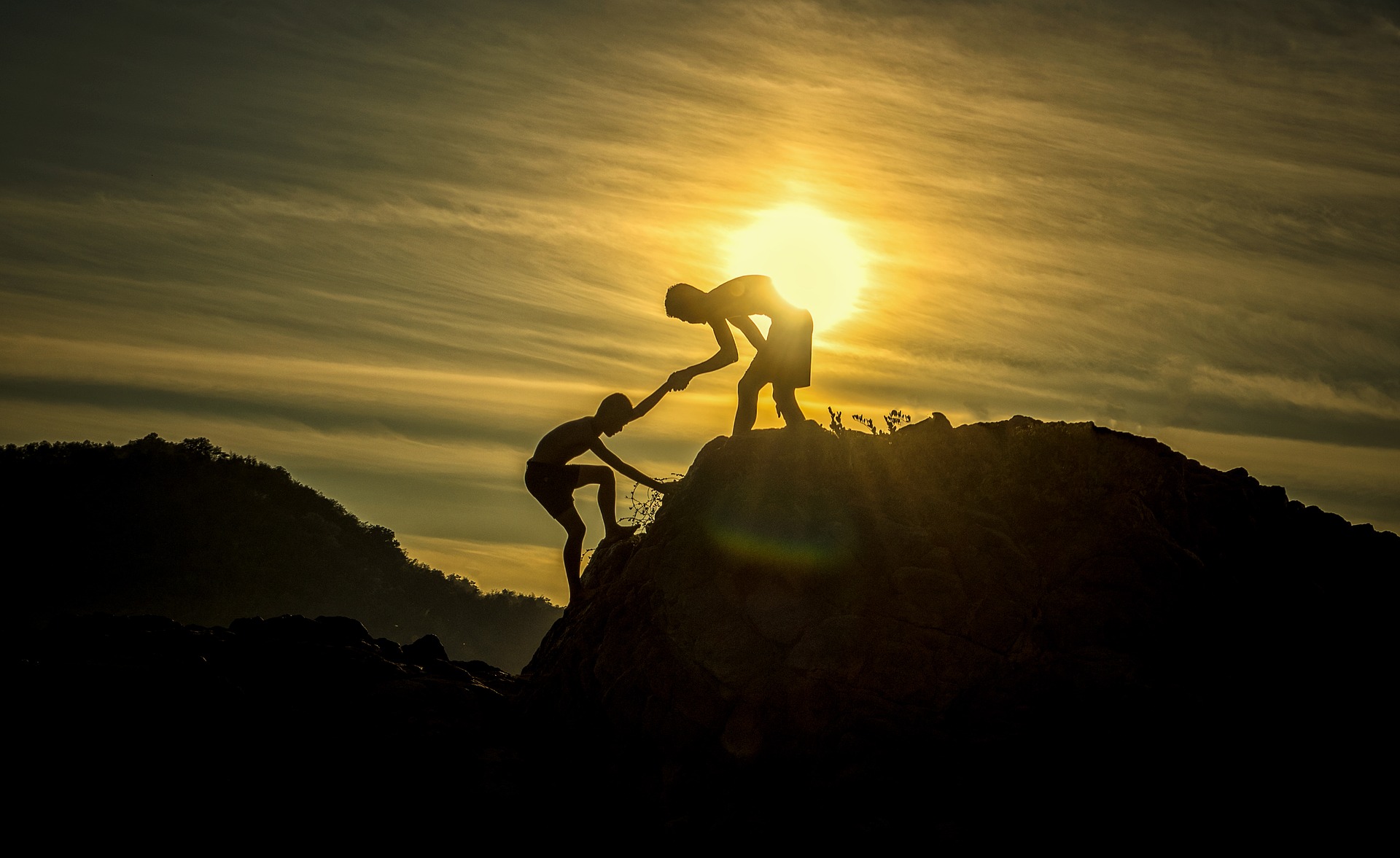 Jun
30
2018
Jun
30
2018
Exalting in monotony
Why can’t we help some people? These people can be our own children, friends, neighbors, co-workers, or family. We think we do everything right, bend over backwards, go out of our way to meet them where they are. We are desperate for them to succeed, yet the harder we try, the further away they seem to move. Their behaviors seem so irrational to us and the solutions seem so obvious. It can be incredibly frustrating. They will even tell you they understand what they are doing is irrational and not working. Yet it persists.
To begin to understand and help, we need to understand that the behaviors are symptoms and the problems lie elsewhere.
According to the Adverse Childhood Events (ACEs) study, almost two-thirds of participants reported at least one ACE, and more than one in five reported three or more ACEs. As the number of these traumatic events increases, so does the risk for the following:
Alcoholism and alcohol abuse
Depression
Health-related quality of life
Illicit drug use
Poor work performance
Financial stress
Risk for intimate partner violence
Multiple sexual partners
Sexually transmitted diseases
Smoking
Suicide attempts
Unintended pregnancies
Early initiation of smoking
Early initiation of sexual activity
Adolescent pregnancy
Risk for sexual violence
Poor academic achievement
Rarely do traumatic events happen in isolation. These traumatic events lead to safety and trust issues that affect all aspects of life.
Many of these issues are pre-cognitive. This means the body and brain have stored traumas before the child was old enough to comprehend what has happened. This is very common in attachment disorders. In many cases, the child may not even have a memory of the event. Make no mistake, the event and its effects are still there, stored emotionally and physically. The body does not forget.
This helps explain why we can’t reach people with rational logic.
This may sound hopeless for us and, in many ways, it is. Frankly, “fixing” others problems is difficult at best, even if the other person in invested in the fix. More times than not, both parties are left frustrated, angry and upset by the whole ordeal.
Often the best we can do is to just be consistent.
As someone once said, part of the magnificence of each day is the ability to exalt in the monotonous. Those things that we can count on to be there. The sun rising and setting every day. This gives us comfort and confidence that, at least in some small way, the world is as it should be, that everything hasn’t abandoned us.
This is what you can do for everyone around you–be predictable and consistent. Your presence alone can offer assurance. When you act or react predictably, that is comforting.
If you do nothing else but follow the same patterns everyday, you are making a difference, as trite and boring as that may sound.
I believe we have succeeded in helping if those in our lives can say (even if they don’t), “You made a difference, because you were there.”
I’m not sure there is any higher praise they could give.
References:
https://www.cdc.gov/violenceprevention/acestudy/about.html




